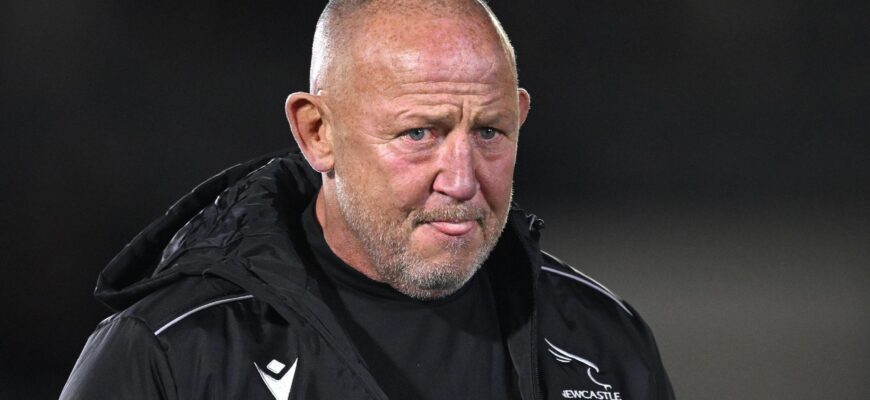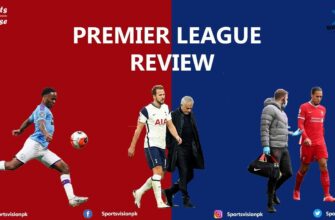In the often turbulent world of professional rugby, leadership changes are a given. But few provoke such immediate and fervent backlash as the recent dismissal of Steve Diamond, Director of Rugby for the Newcastle Falcons. After just a single match into the new season, the decision by the club`s fresh ownership has sent shockwaves through the fan base, sparking a debate about loyalty, legacy, and the evolving nature of the sport.
A Shocking Start to the Season
The rugby calendar is a marathon, not a sprint. Yet, for Steve Diamond, his tenure with the Newcastle Falcons in the new season felt more like a quick dash to the exit. His abrupt departure, announced after the team`s inaugural fixture, has left many supporters scratching their heads and, more often than not, expressing profound disappointment. It’s a move that feels less like a strategic shift and more like a corporate clean sweep, applied with a swiftness that belies the complexities of sporting management.
Diamond`s Legacy: Navigating the Storm
For Newcastle Falcons fans, Steve Diamond wasn`t just another name on a management roster. He was seen as a steady hand who guided the club through some of its most challenging periods. His tenure was marked by a commitment to rebuilding and making shrewd transfers, particularly in the wake of the ownership transition. Many believed he had laid the groundwork, nurturing talent and fostering a squad poised to leverage increased budgets and renewed ambition. To dismiss him now, just as the fruits of his labour might have begun to ripen, feels like an opportunity squandered, a premature end to a promising chapter.
“He deserved more time, more trust, especially after what he`s done for the club,” echoed a common sentiment across social media platforms, reflecting the raw frustration of a fan base that values resilience and dedication.
The Corporate Hand: A New Era or an Old Problem?
The swiftness of Diamond`s dismissal has led to speculation about the new ownership`s philosophy. Comparisons to the “Red Bull” corporate model — known for its aggressive, results-driven strategy and a penchant for rapid organizational restructuring — have emerged. This approach, while promising a drive for excellence and potentially increased investment, often comes with a perceived detachment from the traditional, community-focused values that underpin rugby. Is this a sign of a club aiming for the stars, or simply one prioritizing corporate metrics over organic development and fan sentiment?
Some optimistic voices suggest that this management overhaul might indeed herald a new era of heightened ambition and a significantly increased budget, allowing the Falcons to truly compete at the highest level of Premiership Rugby. However, such optimism is often tempered by a sense of unease, a fear that the soul of the club might be traded for corporate efficiency.
The Uneasy Balance: Business vs. Sport
The prevailing sentiment among fans remains largely negative. Diamond`s unceremonious exit is viewed by many as a troubling symptom of a wider trend: rugby`s increasing convergence with football`s business-centric model. In this narrative, sporting decisions are dictated by boardroom strategy, and the rich, traditional values of the game — loyalty, long-term development, community — risk being relegated to secondary concerns. It raises an uncomfortable question: In the pursuit of commercial success, are we losing sight of what makes rugby special?
The Newcastle Falcons saga serves as a poignant reminder that while financial stability and strategic growth are crucial for any modern sports club, alienating the very fans who embody its spirit can be a costly misstep. The ball may be in the new management`s court, but the collective roar of discontent from the stands suggests they have a significant task ahead to win over hearts and minds.








